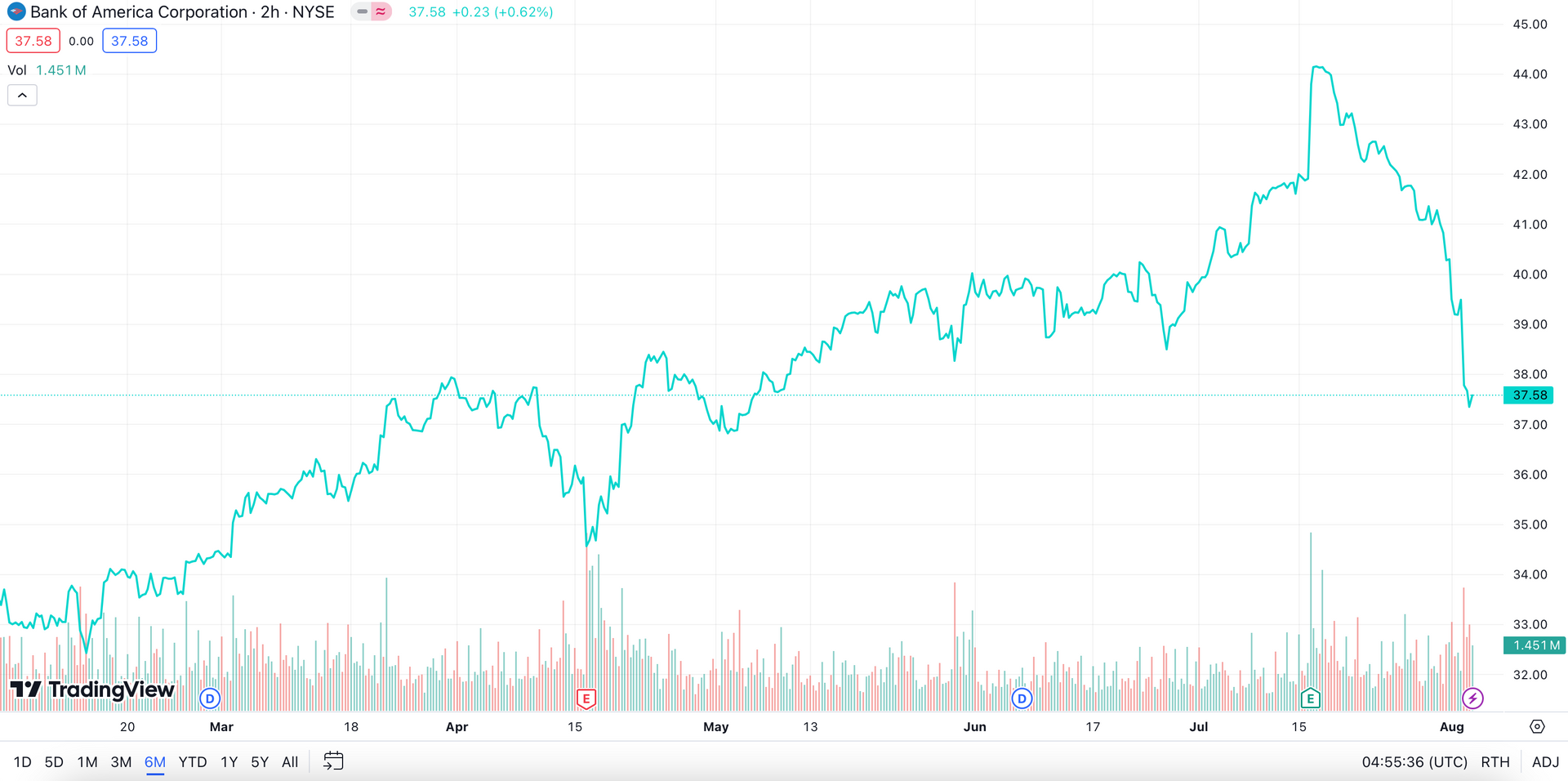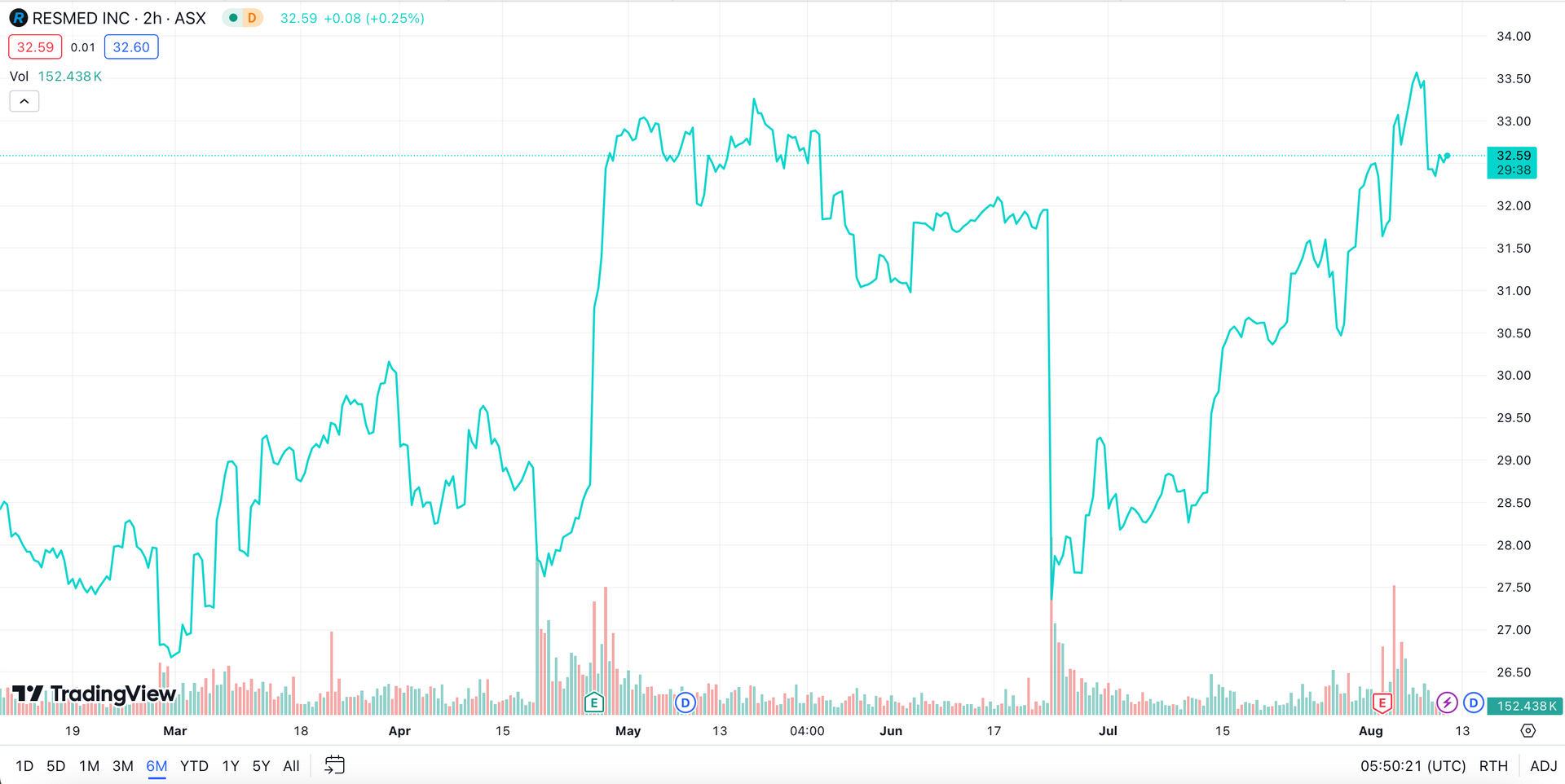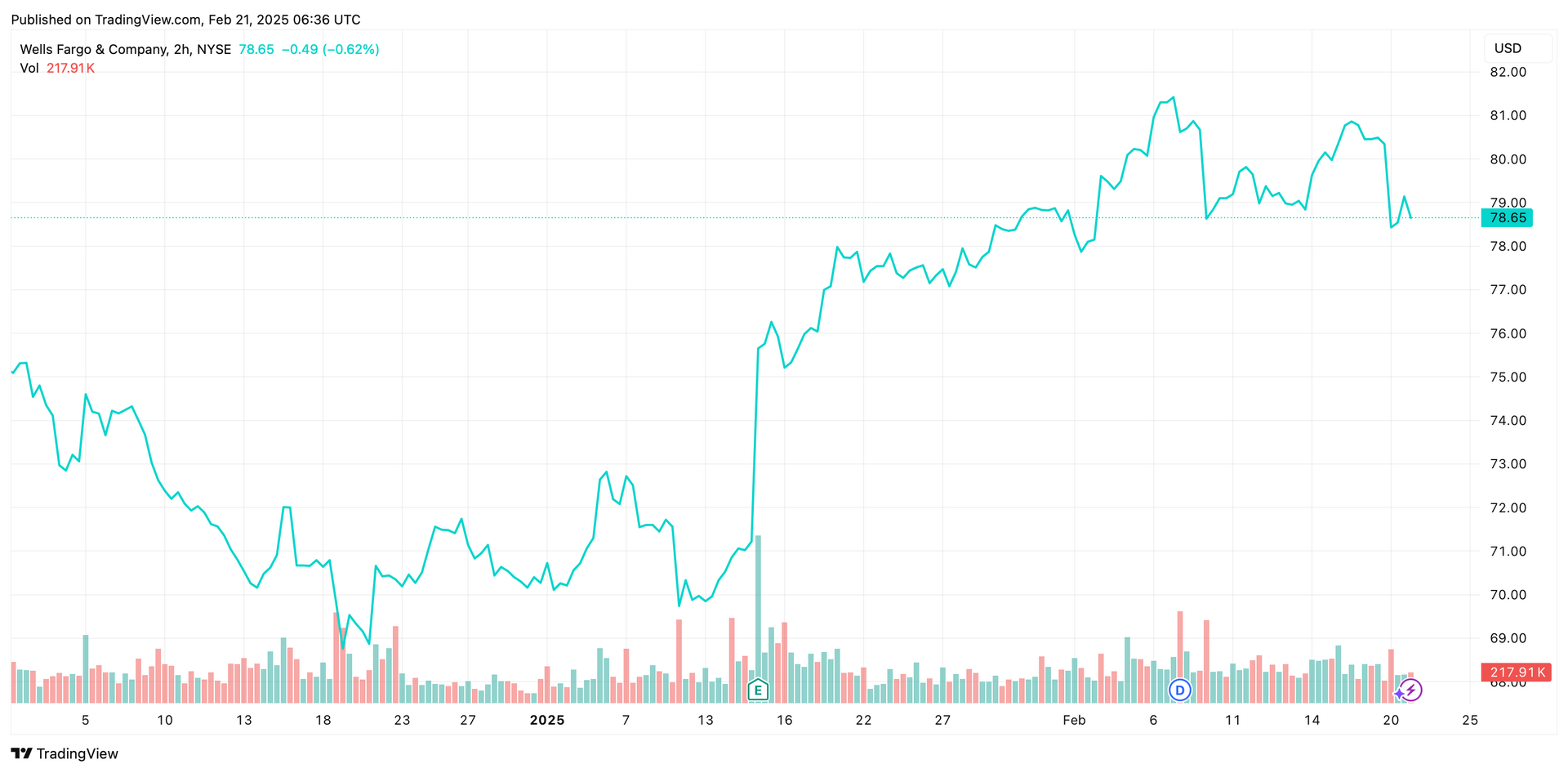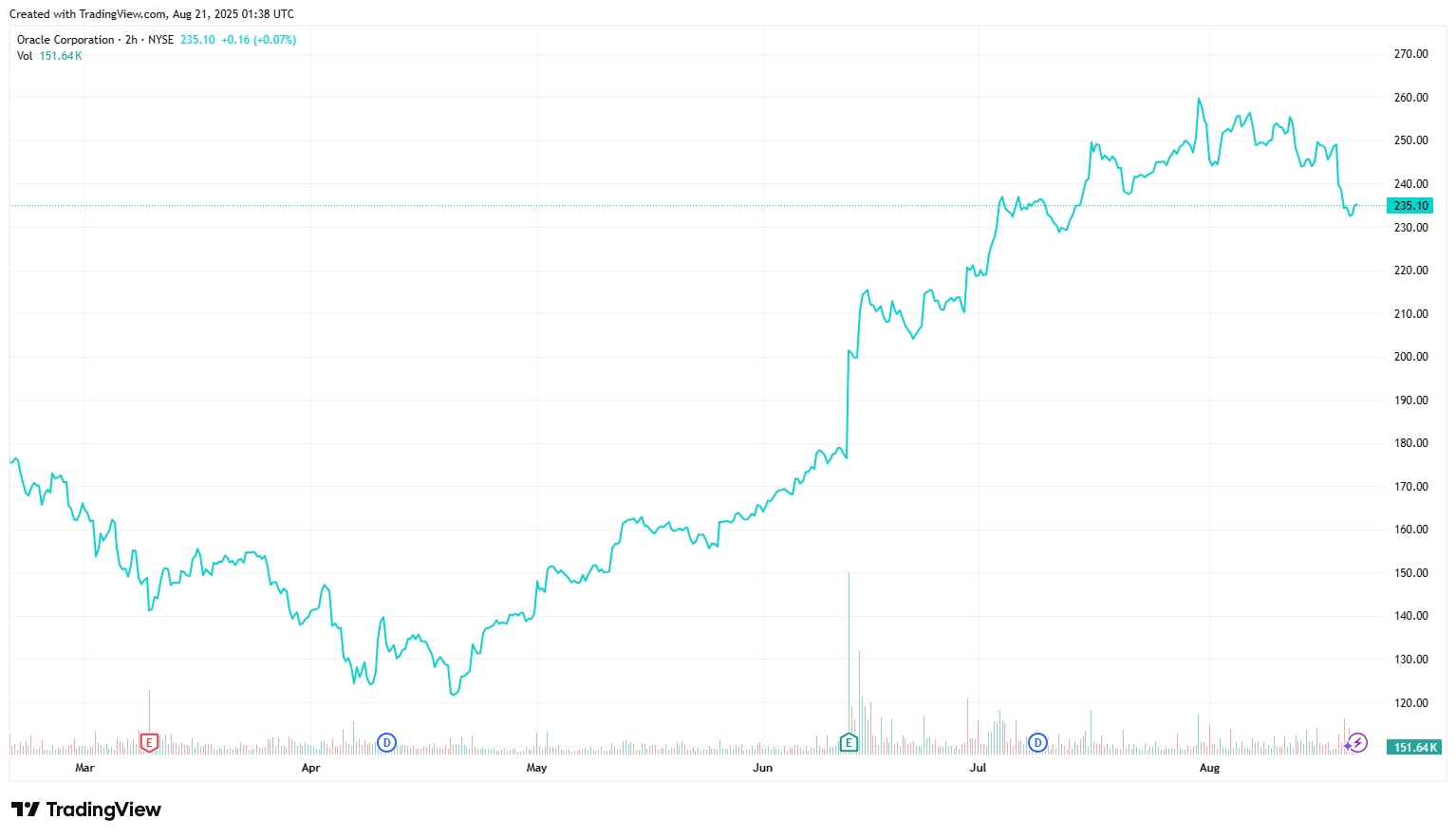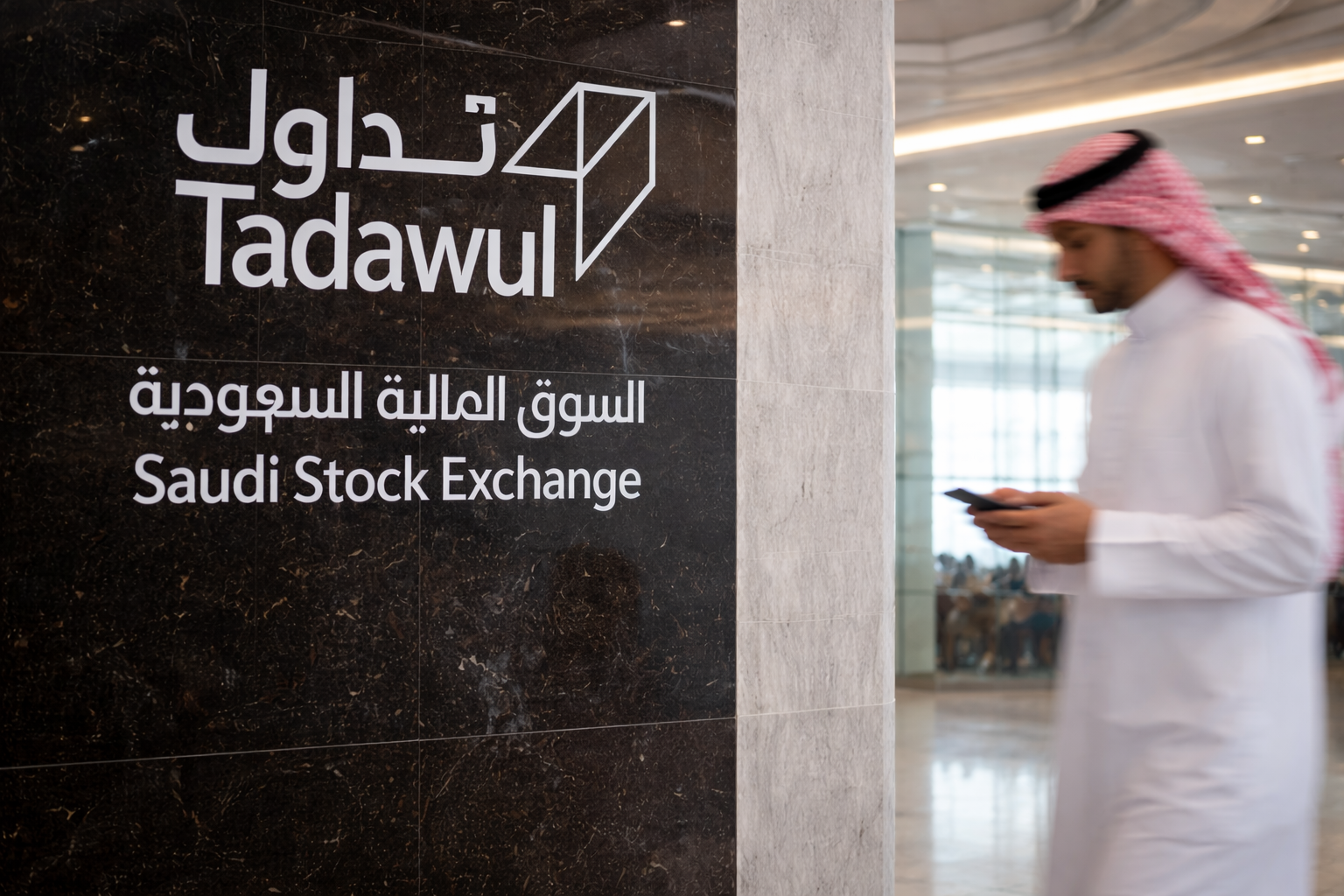What is the Minimum Investment Required to Begin Investing?
Embarking on the journey of investing in shares as a beginner can feel daunting. It's a realm filled with unfamiliar terms, fluctuating markets, and the ever-present question: "What is the minimum amount to invest in shares?" This article aims to demystify this crucial question and provide clarity for those eager to dip their toes into the world of investing.
For many, the allure of investing in shares is compelling, yet the perceived barrier of entry often holds them back. We're here to tell you that starting doesn't require a hefty bankroll or a finance degree. Whether you're eyeing the ASX or exploring global markets, the key is understanding the minimum investment required and how to navigate it wisely.
Throughout this guide, we'll answer common queries like "What's the minimum trade size on the ASX?" and "How much money do I need to have to start investing?" Armed with this knowledge, you'll gain the confidence to take your first steps towards financial growth.
Join us as we delve into the fundamentals of investing for beginners, unravel the mysteries of minimum investments in the share market, and empower you to kickstart your journey towards financial independence. Let's embark on this exciting adventure together, where learning how to start investing in shares becomes accessible to all.
Understanding the Basics of Investing
At its core, investing involves allocating resources in assets with the expectation of generating returns over time. Whether you're considering shares, bonds, or funds, grasping the fundamental principles is crucial. Shares, also known as stocks, offer ownership in a company and the potential for capital appreciation. Bonds involve lending money to governments or corporations in exchange for regular interest payments and the return of the principal amount at maturity. Funds, including mutual funds and exchange-traded funds (ETFs), pool money from multiple investors to invest in a diversified portfolio of assets. Shares, bonds, and funds each carry their own risk-return dynamics, catering to different investment needs. Shares can offer substantial returns but come with higher volatility, meaning prices can fluctuate more dramatically over time. Bonds, while typically yielding lower returns, provide stability with fixed interest payments and return of principal. Funds, like mutual funds and ETFs, provide diversification, balancing risk and return. They offer a middle ground, aiming for steady growth without excessive risk. Choosing among them depends on your goals, comfort with risk, and investment timeline.
Exploring Different Investment Avenues
As an investor learning how to invest in Australia, you will undoubtedly be met with a diverse array of platforms and avenues designed to cater to your specific needs and preferences. From online brokers to investment funds and direct stock purchases, let's delve into these options, focusing on their features and benefits, particularly advantageous for beginners, along with options known for their lower entry costs.
Online brokers within Australia offer accessible and user-friendly platforms tailored to ASX trading. With features such as real-time market data and educational resources, they're ideal for beginners seeking guidance. Many Australian online brokers provide competitive fees, including commission-free trades on select ASX-listed securities, making them an affordable choice for investors starting with smaller amounts.
Investment funds, including managed funds and ETFs listed on the ASX, offer diversified portfolios managed by professionals. They allow Australian investors to access a broad range of assets while mitigating risk through diversification. Investment funds are particularly suitable for beginners as they require minimal investment knowledge and provide instant diversification. Some ASX-listed ETFs also boast low entry costs, making them accessible to investors with limited funds.
Direct stock purchases on the ASX enable investors to buy shares of individual Australian companies without incurring brokerage fees. While this approach may require more research and decision-making, it offers direct ownership and control over investments, appealing to those interested in specific Australian companies or industries.
For Australian investors mindful of entry costs, several avenues stand out. Many Australian online brokers offer fee-free trading on selected ASX-listed securities, facilitating cost-effective investing. Additionally, some ASX-listed investment funds have low minimum investment requirements, allowing investors to commence their journey with modest amounts.
Factors Influencing Minimum Investment
The minimum investment in the share market is influenced by various factors, including market conditions, the type of investment, and platform policies. During periods of market volatility or economic uncertainty, minimum investment requirements may be adjusted by investment platforms to manage risk. Different investment types also have varying minimum thresholds, with some assets requiring larger initial investments than others. Additionally, platform policies play a crucial role, as some brokers may impose minimum trade or account balance requirements to cover administrative costs.
For beginners on the ASX, the concept of 'ASX minimum trade' is significant. It refers to the minimum value of shares that can be bought or sold in a single transaction on the ASX. This requirement can impact beginners, particularly those with limited funds, as it may restrict their ability to diversify their portfolio or purchase certain shares. Currently, the ASX minimum trade is set at $500, which serves as a benchmark for investors navigating the market.
It's important to note that these factors can vary across different markets and investment types. While some markets may have higher minimum investment requirements due to regulatory or market conditions, others may be more accessible to beginners. Similarly, investment types like mutual funds or ETFs may have lower minimum investment thresholds compared to individual stocks or bonds, offering greater accessibility to novice investors. Understanding these factors can help beginners navigate the investment landscape effectively.
How much do you have to have to start investing?
Generally, here at Sharewise, we would recommend having at least $10,000 to build a well-diversified portfolio and mitigate risk effectively. This amount provides a balance between portfolio diversification and minimises brokerage fees relatively. A minimum of $10,000 allows investors to spread their investments across multiple shares, sectors, or ETFs, reducing the risk associated with individual stock volatility.
How do I start investing with Limited Funds
For beginners with limited funds, adopting a gradual approach is key to entering the investment realm successfully. Rather than feeling overwhelmed by financial constraints, consider starting with small, regular contributions. Even modest amounts saved consistently can accumulate over time, laying the foundation for future investments.
Fractional shares and micro-investing platforms are invaluable tools for those with limited funds. Fractional shares enable investors to purchase a portion of a stock, allowing access to high-priced companies with minimal capital. Meanwhile, micro-investing platforms offer intuitive interfaces and low minimum investment requirements, facilitating easy entry into the market. These platforms often feature automated investment options, simplifying the process of building a diversified portfolio.
Embracing the concept of starting small and scaling up gradually empowers beginners to take control of their financial future. Every dollar invested, no matter how small, contributes to long-term growth and security. With patience and persistence, even the most modest investments can yield significant returns over time, setting the stage for financial stability and prosperity.
Resources and Tools for Small Investors
For small investors, accessing resources and tools can greatly enhance their investment journey. Investment calculators are invaluable for analysing potential returns, risk levels, and investment timelines, helping investors make informed decisions aligned with their financial goals. Educational websites offer a wealth of information, from basic investment concepts to in-depth market analysis, empowering investors to expand their knowledge base and stay updated on market trends.
Budgeting tools are essential for managing finances and allocating funds for investments. By tracking income, expenses, and savings, investors can identify opportunities to increase their investment contributions and prioritise financial goals effectively.
Continuous learning is paramount for small investors. By staying curious and exploring available resources, investors can deepen their understanding of investment strategies, risk management techniques, and market dynamics. Utilising these tools not only enhances financial literacy but also equips investors with the confidence and knowledge needed to navigate the complexities of the investment landscape.
Conclusion
In summary, regardless of the size of your funds, starting your investment journey is not only feasible but also rewarding. Embrace the strategy of starting small and growing gradually, leveraging resources like investment calculators, educational websites, and budgeting tools to make informed decisions and manage risk effectively.
Every dollar invested has the potential to grow over time, so seize the opportunity today. Whether you're ready to start trading or seeking guidance from a financial advisor, take that first step towards securing your financial future.
If you need further assistance buying shares in Australia and wondering "How do I start investing in shares" consider reaching out to Sharewise, a comprehensive platform offering low-cost trading, institutional-grade research, expert financial advisory services, and portfolio management. With Sharewise by your side, you can embark on your investing journey and begin to buy shares in Australia with confidence and peace of mind. Happy investing!
Disclaimer: This article does not constitute financial advice nor a recommendation to invest in the securities listed. The information presented is intended to be of a factual nature only. Past performance is not a reliable indicator of future performance. As always, do your own research and consider seeking financial, legal and taxation advice before investing.
Subscribe to our newsletter
Disclaimer: This article does not constitute financial advice nor a recommendation to invest in the securities listed. The information presented is intended to be of a factual nature only. Past performance is not a reliable indicator of future performance. As always, do your own research and consider seeking financial, legal and taxation advice before investing.
